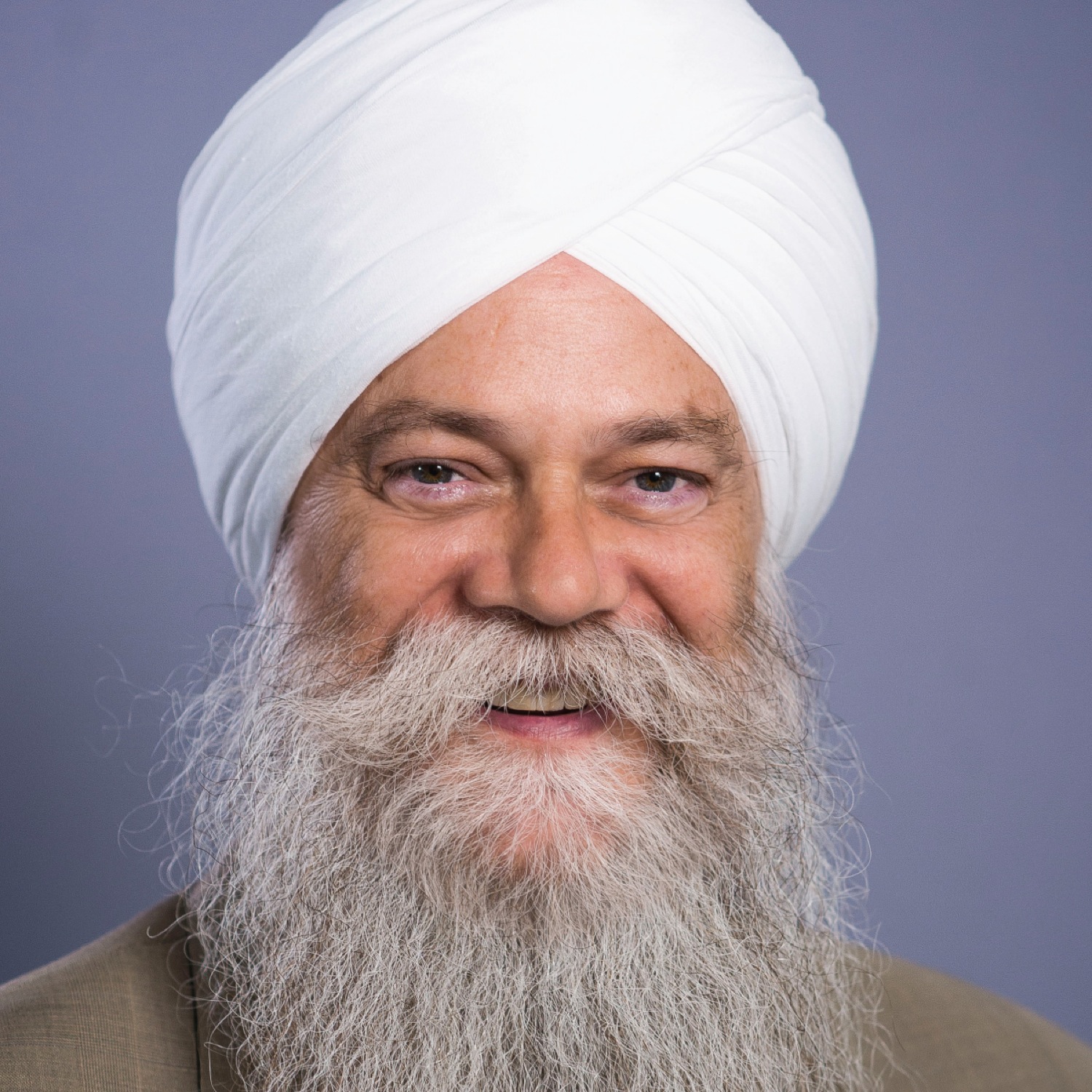NCCIH Clinician-Scientist Workforce Working Group Report
March 4, 2016
I’m pleased to announce the report of the National Advisory Council for Complementary and Integrative Health (NACCIH) Working Group on Clinician-Scientist Workforce Development (1MB PDF), which was presented to the full Council at its February 5, 2016, meeting.
The National Center for Complementary and Integrative Medicine (NCCIH) supports a range of research training and career development programs aimed at increasing the number, quality, and diversity of well-prepared, skilled investigators with knowledge and expertise both in complementary and integrative health and state-of-the-art research methods. Clinician scientists are individuals trained in both science and clinical practice?for example, conventionally trained doctors, complementary health practitioners, dentists, and nurses who also conduct research.
In October 2015, Dr. Josephine Briggs, NCCIH Director, requested that the NCCIH National Advisory Council convene a group of members to develop recommendations for training clinician-scientists in research on complementary and integrative health. The group was formed to examine some of the training issues raised in responses to NCCIH’s Request for Information released in April 2014, and its recommendations would be valuable as NCCIH finalizes its forthcoming Strategic Plan.
The challenges of training and sustaining the clinician-scientist workforce are being discussed and studied across the National Institutes of Health (NIH), other Federal agencies, and the greater biomedical community. Recent representative reports include the Physician-Scientist Workforce Working Group Report (June 2014) by the Advisory Committee to the NIH Director. Additional challenges exist in this area for the field of complementary and integrative health and for NCCIH. These challenges, and recommendations to address them, are summarized in the NACCIH Working Group’s report.
Among its conclusions, the group noted the success of previous NCCIH targeted workforce development programs and the general trend in the improvement of research quality in complementary and integrative health. Examples of areas where NCCIH could have an impact, the members suggested, included facilitating the pairing of individual clinicians with the strongest and most successful scientific mentors, and incentivizing the creation and sustainability of strong and diverse research teams. These kinds of challenges, they noted, will all require changes in institutional culture, and evolution in academic institutional culture may be needed, especially in how academia recognizes and values team science and the varied roles needed.
As co-chair of the NACCIH Working Group, I congratulate and thank the members for taking on and providing substantive advice on this important topic.
I’m pleased to announce the report of the National Advisory Council for Complementary and Integrative Health (NACCIH) Working Group on Clinician-Scientist Workforce Development (1MB PDF), which was presented to the full Council at its February 5, 2016, meeting.
The National Center for Complementary and Integrative Medicine (NCCIH) supports a range of research training and career development programs aimed at increasing the number, quality, and diversity of well-prepared, skilled investigators with knowledge and expertise both in complementary and integrative health and state-of-the-art research methods. Clinician scientists are individuals trained in both science and clinical practice?for example, conventionally trained doctors, complementary health practitioners, dentists, and nurses who also conduct research.
In October 2015, Dr. Josephine Briggs, NCCIH Director, requested that the NCCIH National Advisory Council convene a group of members to develop recommendations for training clinician-scientists in research on complementary and integrative health. The group was formed to examine some of the training issues raised in responses to NCCIH’s Request for Information released in April 2014, and its recommendations would be valuable as NCCIH finalizes its forthcoming Strategic Plan.
The challenges of training and sustaining the clinician-scientist workforce are being discussed and studied across the National Institutes of Health (NIH), other Federal agencies, and the greater biomedical community. Recent representative reports include the Physician-Scientist Workforce Working Group Report (June 2014) by the Advisory Committee to the NIH Director. Additional challenges exist in this area for the field of complementary and integrative health and for NCCIH. These challenges, and recommendations to address them, are summarized in the NACCIH Working Group’s report.
Among its conclusions, the group noted the success of previous NCCIH targeted workforce development programs and the general trend in the improvement of research quality in complementary and integrative health. Examples of areas where NCCIH could have an impact, the members suggested, included facilitating the pairing of individual clinicians with the strongest and most successful scientific mentors, and incentivizing the creation and sustainability of strong and diverse research teams. These kinds of challenges, they noted, will all require changes in institutional culture, and evolution in academic institutional culture may be needed, especially in how academia recognizes and values team science and the varied roles needed.
As co-chair of the NACCIH Working Group, I congratulate and thank the members for taking on and providing substantive advice on this important topic.

Comments
Comments are now closed for this post.